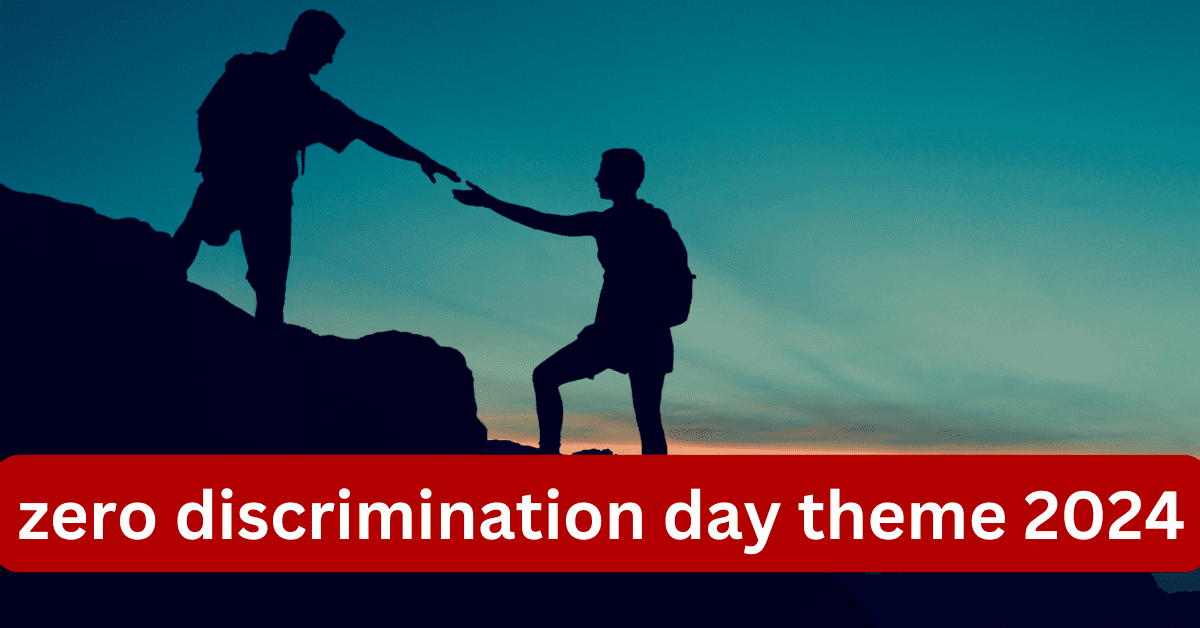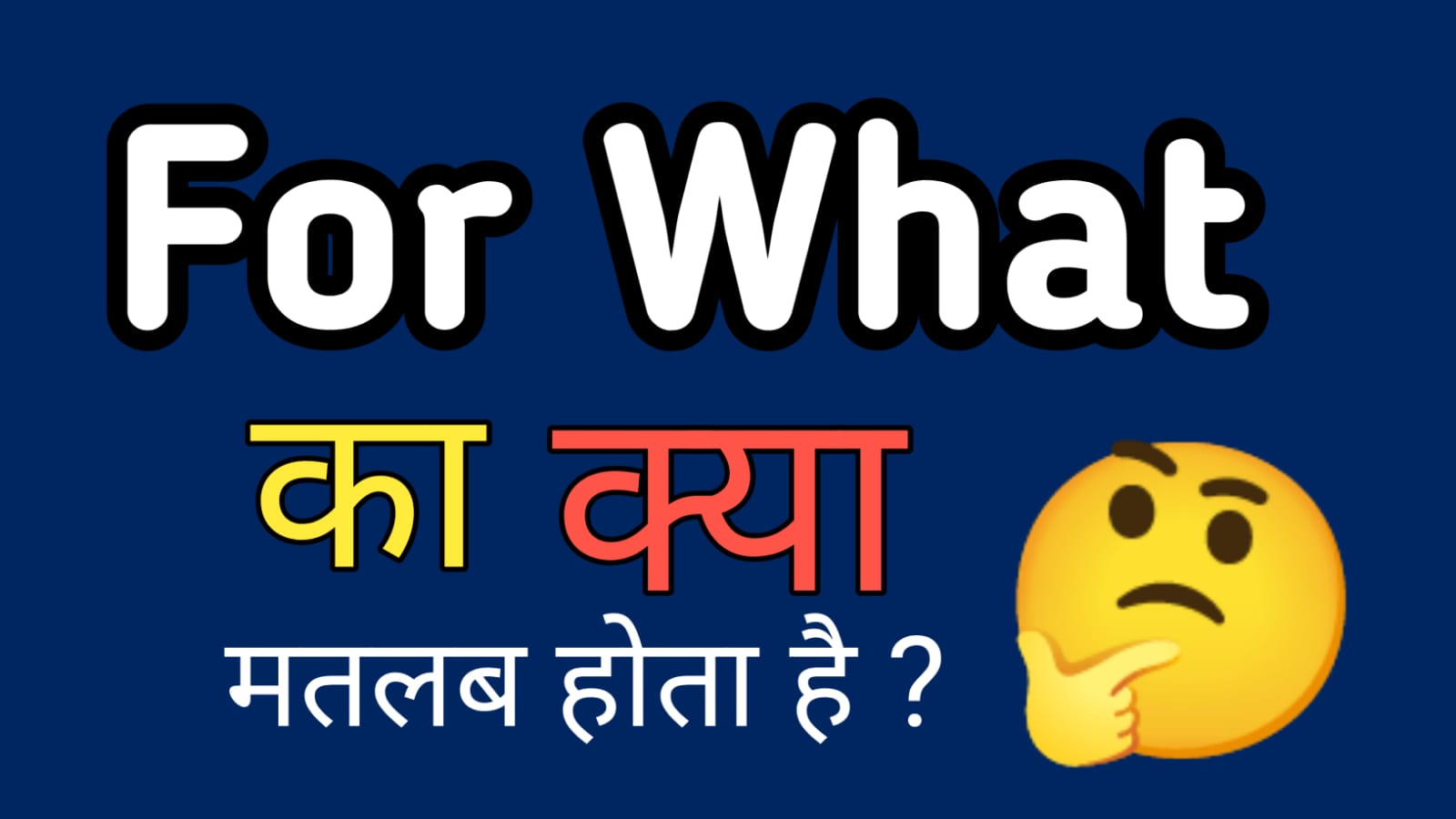Zero Discrimination Day, observed annually on March 1st, serves as a powerful reminder of our collective responsibility to combat discrimination in all its forms. This year’s theme, “Save Lives: Decriminalise,” underscores the critical link between human rights and public health in our efforts to eliminate AIDS by 2030.
Why Is Zero Discrimination Day Celebrated?
Zero Discrimination Day, observed annually on March 1st, is a significant global event celebrated by the United Nations (UN) and other international organizations. Let’s delve into the reasons behind this important day and its impact.
What Is Zero Discrimination Day?
Zero Discrimination Day serves as a powerful reminder of our collective responsibility to combat discrimination in all its forms. Here are the key aspects of this observance:
- Equality Before the Law and in Practice: The day aims to promote equality not only in legal frameworks but also in everyday life across all UN member countries. It underscores the importance of treating every individual with respect, dignity, and fairness.
- UNAIDS and HIV/AIDS Advocacy: Organizations like UNAIDS actively participate in Zero Discrimination Day. They focus on combating discrimination against people living with HIV/AIDS. Stigma associated with HIV remains pervasive worldwide, and this day provides an opportunity to raise awareness and challenge discriminatory attitudes.
- LGBTI Rights: In 2017, the UN Development Programme paid tribute to LGBTI (lesbian, gay, bisexual, transgender, and intersex) individuals living with HIV/AIDS who face discrimination. Zero Discrimination Day encourages solidarity and acceptance for all, regardless of sexual orientation or gender identity.
- Global Movement for Change: By celebrating this day, we contribute to a global movement that seeks to end discrimination. It encourages dialogue, education, and action to create a more inclusive and compassionate world.
Historical Context
- Inception: Zero Discrimination Day was first celebrated on March 1, 2014. UNAIDS Executive Director Michel Sidibé launched it with a major event in Beijing.
- Making Noise for Change: In February 2017, UNAIDS urged people to “make some noise around zero discrimination.” This call to action emphasizes speaking up against discrimination and ensuring that it doesn’t hinder our ambitions and dreams.
- India’s Struggle: In India, campaigners have used this day to advocate against discriminatory laws, especially during the campaign to repeal Section 377 of the Indian Penal Code, which criminalized homosexuality. Fortunately, the Indian Supreme Court overturned this law in September 2018, marking a historic victory for the LGBTQ+ community.
- Remembering the Armenian Genocide: In 2015, Armenian Americans in California held a ‘die-in’ on Zero Discrimination Day to honor the victims of the Armenian genocide.
Understanding the Theme
The Intersection of Human Rights and Public Health
- Discriminatory laws and practices hinder access to essential health services, particularly for vulnerable populations.
- Criminalization of certain behaviors, such as drug use, sex work, and same-sex relationships, exacerbates stigma and prevents people from seeking care.
- Decriminalization is essential to ensure that everyone, regardless of their background or behavior, can access life-saving interventions.
Key Messages
- Ending Stigma: Decriminalization reduces stigma associated with HIV/AIDS. When people are not afraid of legal repercussions, they are more likely to seek testing, treatment, and support.
- Promoting Testing: Decriminalization encourages regular HIV testing. Early detection leads to better health outcomes and prevents transmission.
- Ensuring Access: Decriminalization ensures access to prevention tools (such as condoms and PrEP) and treatment for those living with HIV.
- Supporting Vulnerable Groups: Decriminalization protects vulnerable populations, including sex workers, drug users, and LGBTQ+ individuals.
Taking Action
On Zero Discrimination Day 2024, let’s take the following steps:
- Advocate: Raise your voice against discriminatory laws and practices. Support organizations working toward decriminalization.
- Educate: Learn about the impact of criminalization on public health. Share accurate information with others.
- Show Solidarity: Stand with those affected by discriminatory laws. Let compassion guide our actions.
- Q: What is Zero Discrimination Day?
- A: Zero Discrimination Day is observed annually on March 1st. It serves as a global reminder to combat discrimination in all its forms. The day emphasizes treating every individual with respect, dignity, and fairness.
- Q: Why is Zero Discrimination Day important?
- A: Zero Discrimination Day is crucial because it raises awareness about discriminatory practices and their impact. It encourages dialogue, education, and action to create a more inclusive and compassionate world.
- Q: What can I do on Zero Discrimination Day?
- A: On this day, you can:
- Advocate: Speak out against discrimination.
- Educate: Learn about different forms of discrimination.
- Support: Show compassion to those facing discrimination.
- Celebrate Diversity: Embrace our shared humanity and celebrate our differences.
- A: On this day, you can:
Remember, decriminalization saves lives. By working together, we can create a world where everyone is treated with dignity and respect, regardless of their health status or behavior. 🌟
Lastest Articles
World Peace and Understanding Day 2024: Fostering Harmony and Compassion
National Science Day Speech 2024 in English: Celebrating Indigenous Technologies for Viksit Bharat


